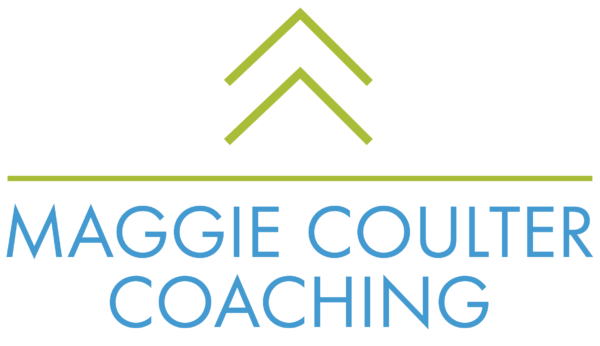Worthy of Your Anger: Discovering What Matters to You Now
Anger gets a bad rap in our families and society in general, especially when it’s expressed inappropriately. However, when we can get curious about our anger and learn how to be with it, we may discover something worth getting angry about – and then take effective action in our work and lives.
Years ago, I was fortunate to work with a therapist that taught how me to feel; how to interpret sensations in my body as emotion, and how to be with those sensations without reacting to them. Anxiety was the foremost emotion I worked with, then sadness and grief (and multiple variations on each of them).
My relationship with anger was the most tenuous, and the least accessible. This therapist planted a seed in my mind for how that relationship might develop over time. He said to me, “when you get to the point where you can sit with the full extent of your rage – feel the heat, the pressure, the energy – and just be with it, is empowering indeed.”
It’s taken a long time for me to get there, but he was right. It is empowering to feel your anger without reacting to it in any way – without trying to run away, deny, suppress, or act out.
As I’ve practiced being with anger, I’ve discovered something new: something to be angry on behalf of, i.e. an increasing appreciation for who I am, what I care about, and my potential in life. I’m angry because I am something (and someone) worth angering for.
I’m not alone in my anger and my newfound appreciation for what matters. Recently I shared a compelling article about pandemic-related anger which made the helpful connection between anger and values. We can learn something about ourselves when we pay attention to what we’re angry about – and what we learn can direct us to effective action over time; new choices that honour who we are and reflect our courage to act in the belief that we matter.
At this time more than ever – in my own life and in the world at large – a healthy perspective around anger seems paramount to making better choices in the future, that honour what matters most for all.
For your own reflection:
- What is your current perspective around your own anger? Beliefs, fears, openness?
- What does “safety and support” mean with respect to your own awareness of and exploration around any anger you may be experiencing? (i.e. therapist/counselor, mindfulness, experts on the subject)
- What do you sense is possible by developing a healthier relationship with your anger?
Additional resources:
The Dance of Anger: A Woman’s Guide to Changing the Patterns of Intimate Relationships, by Harriet Lerner
No More Mr. Nice Guy: A Proven Plan for Getting What You Want in Love, Sex and Life, by Dr. Robert Glover
Rage Becomes Her: The Power of Women’s Anger, by Soraya Chemaly
Complex PTSD: From Surviving to Thriving: A Guide and Map for Recovering from Childhood Trauma
***
Maggie DiStasi, PCC helps people develop their leadership skills and career opportunities through trauma-informed and mindfulness-based coaching and coach training. Please visit www.www.maggiecoultercoaching.com to learn more, or connect with her here to arrange a consultation.
